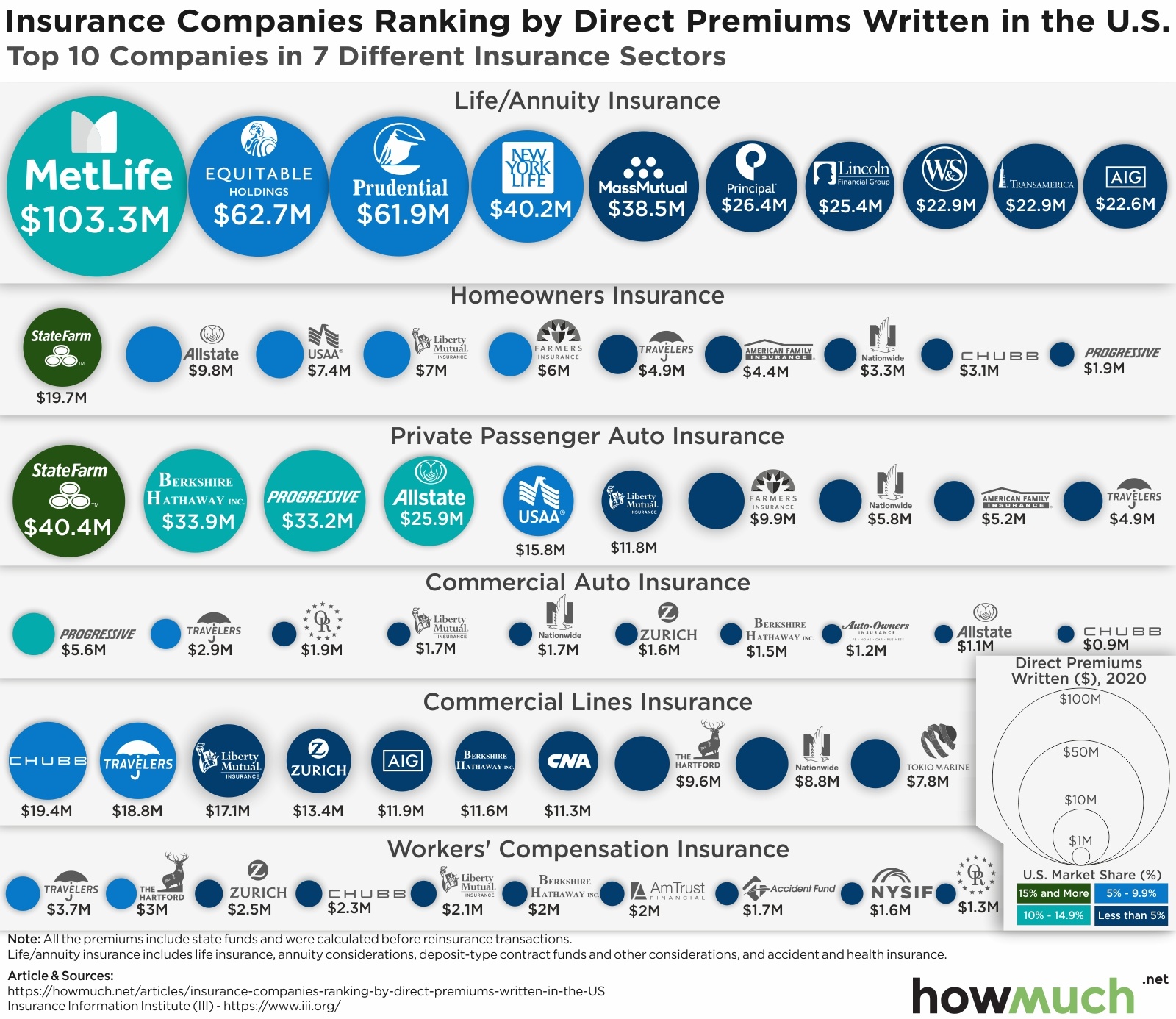Electric cars or electric vehicles, no matter the term used, are intriguing the minds (and pockets) of Americans. With so many options, pricing, and payoffs, which is the best option for you? As our visualization shows, electric cars can vary widely in terms of price but also in distance traveled per charge. This helps us answer the question of how long does an electric car battery lasts off a single charge.

Based on miles traveled per charge and 2021 electric car pricing:
- Ford Mustang Mach-E tops the list as the most expensive electric car at $42,895 but falls to the bottom half of car rankings in terms of miles traveled per charge (230 miles).
- The second most expensive electric car at $40,000, the Nissan Ariya, offers the most distance traveled per charge (300 miles).
- Chevrolet Bolt EV presents itself as a very affordable electric car option at $31,995 with a very modest amount of miles traveled per charge (259 miles).
- Mini Cooper SE presents itself as the cheapest option on the list at $29,900 and perhaps unsurprisingly travels the shortest distance per charge (110 miles).
- The average distance that most electric cars travel per charge is around 220 miles, with the majority of the cars that travel the average distance costing in between $34,000 to $40,000.
For our data presented, we gathered information from Business Insider. The most affordable EVs or electric cars were defined as most affordable if their official Manufacturer's Recommended Sale Price (or MSRP) listed below, at, or slightly above $35,000. It is important to note that since most cars are eligible for the $7,500 tax credit, some cars shared in our data have an MSRP higher than $35,000. As a result of the tax credit these higher-priced options can still offset buyer costs with total costs at or below $35,000 in the long run.
Gone are the days of Tesla being the main car consumers think about when they hear the phrase “electric car”. With notable competitors such as the Nissan Ariya or Chevrolet Bolt EV, electric cars are becoming more common and more affordable. While there are still some options that are priced higher and may underdeliver, majority of the 2021 options are providing reasonable mileage output per charge at an even more reasonable price point. Each company competes to deliver the cheapest new electric cars while maintaining quality. While the lower prices often sacrifice range, the least expensive electric cars still offer a decent car battery range.
The Ford Mustang Mach-E topped the list as the most expensive car with one of the shortest distances traveled per charge, while the Nissan Ariya emerged as the furthest traveler and price tag about $3,000 cheaper than Ford. The Chevrolet Bolt EV stood as a contender as one of the lower priced cars, while still managing to produce competitive mileage per charge at 250 miles. The average distance that most cars traveled loomed around 200-250 miles with an average cost of across all cars on the list coming in around $36,000. This shows that the average pricing of cheaper 2021 electric cars appears to be on par with more popular options, such as Tesla, while still being able to benefit from a tax credit for now. As a final note, remember that when choosing a car, whether it be electric or not, insurance costs and auto loan options need to be taken into account as well when considering the total amount you are comfortable paying. As such, your options may be more limited, so choose what works best.
Electric Cars Pros and Cons
| Pros | Cons |
|---|---|
| Lower vehicle maintenance costs | Higher upfront costs |
| Cheaper fueling costs | Fewer stations to charge |
| More environmentally friendly over the vehicle's lifetime | Limited selection on trucks and SUVs |
| Tax credits may available towards the purchase price | Initial environmental impact is higher |
As Americans continue to purchase more and more electric cars, should there be a concern of its effect on federal tax credits? With Tesla and General Motors electric vehicles no longer eligible for the $7,500 tax credit, how may this affect electric car purchasing habits overall? Do you think these thresholds should exist? Why or why not? Let us know your thoughts in the comments below.
Data: Table 1.1
About the article
Authors
Irena - Editor





